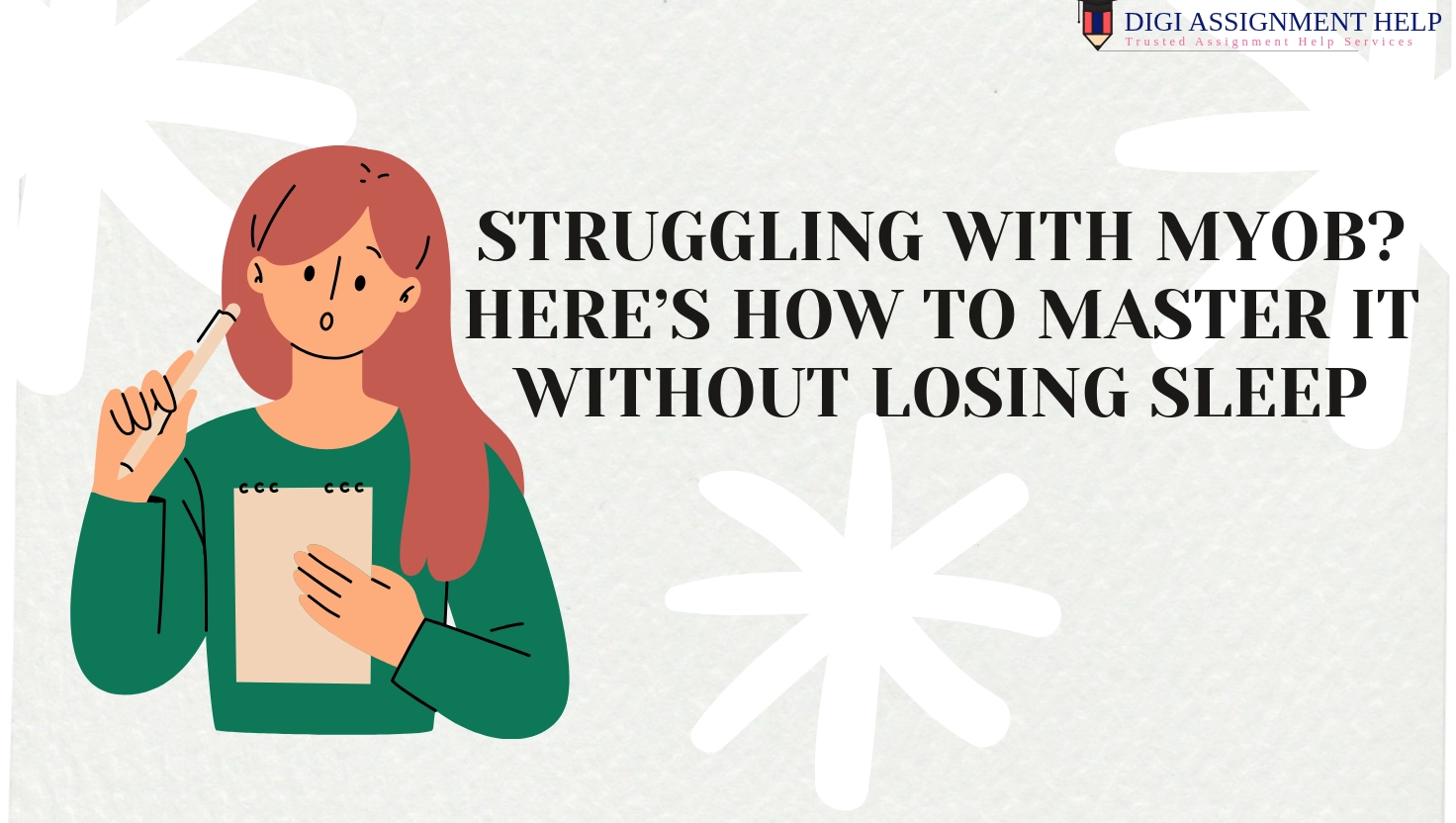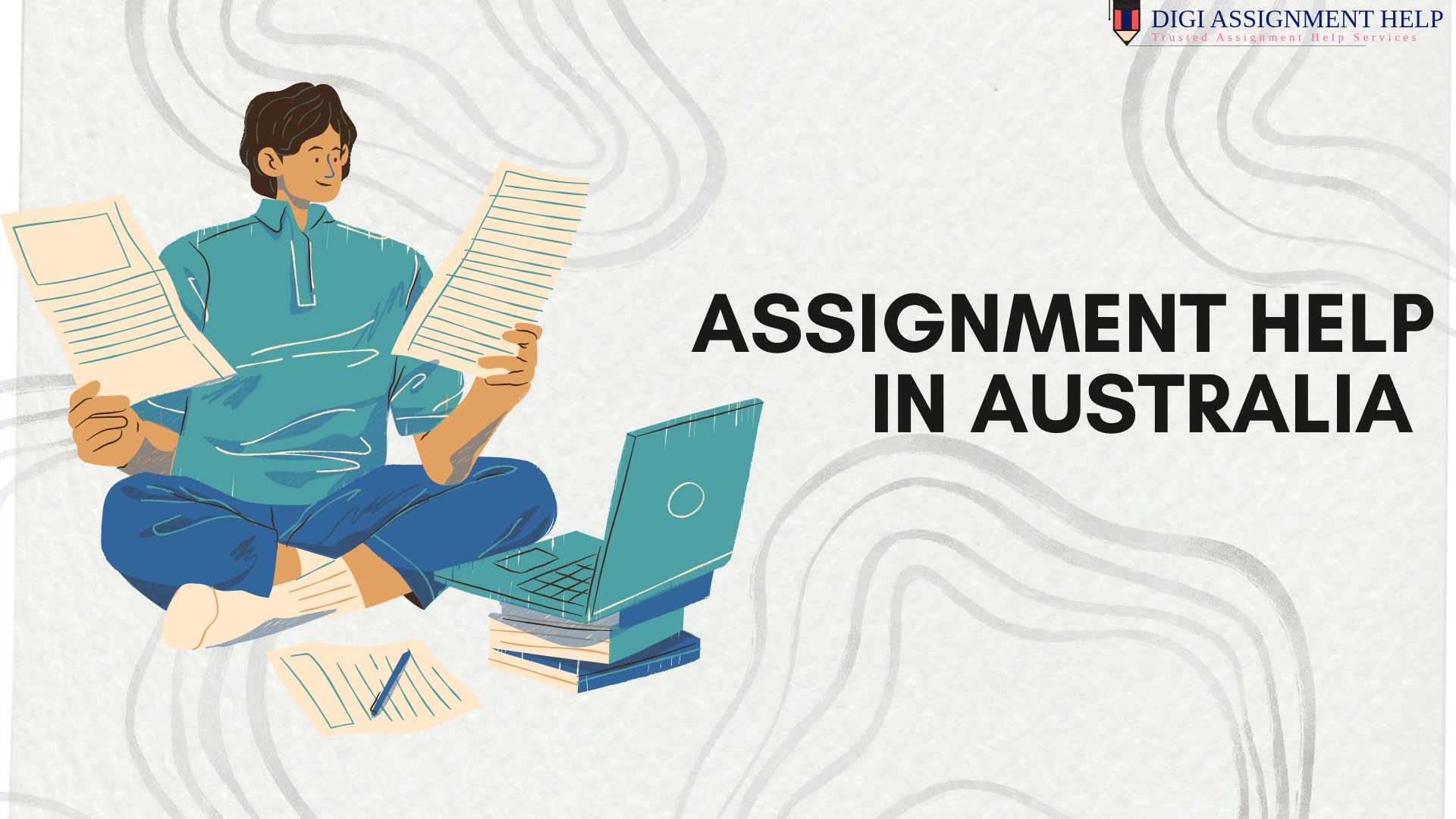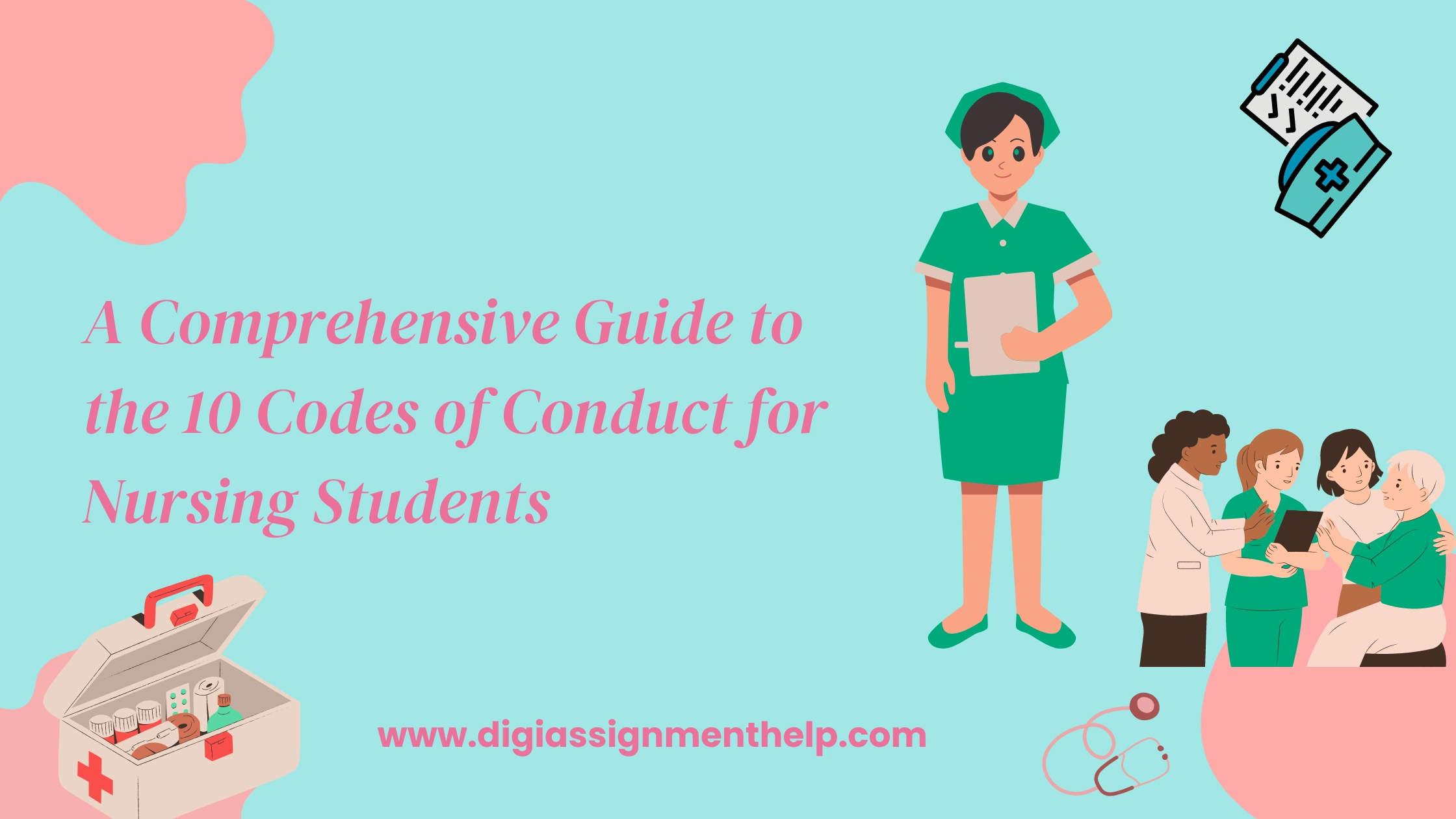How clinical reasoning adapts when dealing with uncommon conditions?
 15-Oct-2024 06:10 AM
15-Oct-2024 06:10 AM

Known to be a complex cognitive ability, clinical reasoning allows healthcare professionals to make accurate decisions during their practice and provide the best care and treatment to their patients.
Owing to its increasing importance in the healthcare industry, most Australian universities offering nursing and other types of medical courses ensure to include clinical reasoning as one of the major subjects in their curriculum.
Students are trained to adapt their decision-making abilities and cognitive thinking according to the patient's conditions so that their predictions and assessments are as close to the truth as possible.
What Are The Key Components Of Clinical Reasoning?
The entire process of clinical reasoning can be segregated into multiple steps, each requiring healthcare professionals to pay undivided attention and draw judgments based on their clinical expertise and domain knowledge.
Below, we have explained these components in brief for your better understanding.
-
Information gathering and synthesis: It involves information about the symptoms, declining health conditions, any unexpected signs, and mobility difficulties. Apart from this, clinicians also draw information from past clinical reports, like radiological tests, surgical reports, OP labs, and many more. All these information sets are then synthesized to form a proper picture of the patient’s anatomy and clinical problems.
-
Hypothesis curation: Different techniques are then used to form a hypothesis based on the information gathered and synthesized. For example, pattern recognition in the patient’s behavior can help clinicians deduce a proper picture of the difficulties they might be facing. Apart from this, intuition, application of clinical knowledge, and probabilities are used to curate an accurate hypothesis.
-
Formulation of a clinical impression: It is the responsibility of the clinicians to construct appropriate narratives based on the current clinical situations so that the factors and hypothesis can make a sense to the patients and other healthcare professionals.
-
Prognosis: Once the narrative is formed, clinicians work on creating a proper prognosis by predicting the course of the disease, probable outcomes, expected recovery time, and the potential risks or complications of the treatment plans. It’s essential to deduce the most effective treatment pathway, suggest the best medical examinations to be carried out, and design trials for further analysis.
-
Diagnosis: Diagnosing the patient’s condition depends on examination results, including both pathological and radiological. It’s essential for healthcare professionals to draw their diagnostic conclusions based on the lab results and not solely on their hypothesis and prognosis.
-
Patient treatment plan designing: After both diagnosis and prognosis are completed, clinicians use their reasoning abilities and clinical expertise to deduce the best and most effective treatment plans. They curate a detailed treatment plan, which includes any surgical pathway, palliative care, drug treatment, and many more.
How To Improve Clinical Reasoning Abilities?
It is the responsibility of every clinician or aspiring medical student to develop skills so as to nurture and improve their clinical reasoning abilities. Without this, it would be next to impossible for them to accurately stage and diagnose the patient’s condition or deduce the best course of treatment and care plans.
So, below we have explained a few ways in which nursing and other medical students can improve their clinical reasoning power for empowering themselves to deal with unexpected outcomes.
Practicing clinical skills and deduction abilities of different patient situations helps students to master the art of clinical reasoning through pattern recognition, probability, and domain knowledge.
Several institutions organize formative assessments for clinical students, including quizzes after a simulation class or personalized feedback channel. These allow them to understand their grasp of the clinical conditions and academic knowledge while detecting the gaps in their expertise.
It’s important for students to gain real-time and hands-on experience based on patient-centric conditions or situations for developing clinical reasoning skills. Theoretical knowledge won’t suffice since it won’t expose them to the real conditions patients often encounter at different healthcare facilities.
Clinical reasoning is objective, meaning the outcomes will vary from one individual to another for the same patient. Hence, students need to adopt different approaches for information synthesis, formulating the hypothesis, prognosis, and diagnosis. Only then they will be able to understand the best practices for a given situation with the highest efficacy and promising outcomes.
Also, to improve clinical reasoning skills, students should form their predictions and hypotheses based on real-time scenarios while ensuring their prognosis or diagnosis are backed by proper evidence and research data.
Conclusion
Since clinical reasoning is an important skill every clinical student needs to master, Australian universities often give assignments on the same topic. Through domain research and academic studies, one can easily learn about different patient conditions and improve their cognitive abilities.
But if you do not have the time required to conduct such thorough research or are confused about what to write for your assignment based on your clinical reasoning skills, connect with us at Digi Assignment.










.webp)
















